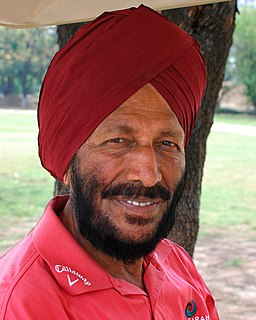A Quote by Richard D. Zanuck
When you're doing a film, it's your film and it's, you know, your blood and - is in it along with everybody else's, and it's the greatest picture ever made when you're shooting it. It's only after the critics and then the public say you were wrong that you realize that you were wrong.
Related Quotes
If you make a film, that magic is not there, because you were there while shooting it. After writing a film and shooting it and being in the editing room every day, you can never see it clearly. I think other people's perception of your film is more valid than your own, because they have that ability to see it for the first time.
I think people are wrong to do it, to compare him to your way of wanting to do it. If you're passionate about it, do it and do it your way. It's not always going to be in front of the cameras after a football game - that was the way I did it. Somebody else has a different way, and that's [James] LeBron, and I know who he is. And I can't get into specifics, but it did upset me that people were calling him out for that because they were just wrong.
I wonder where you got that idea from? I mean, the idea that it's feeble to change your mind once it's made up. That's a wrong idea, you know. Make up your mind about things, by all means - but if something happens to show that you are wrong, then it is feeble not to change your mind, Elizabeth. Only the strongest people have the pluck to change their minds, and say so, if they see they have been wrong in their ideas.
Whether or not belive in Fate comes down to one thing: who you blame when something goes wrong. Do you think it's your fault - that if you'd tried better, worked harder, it wouldn't have happened? Or do you just chalk it up to circumstance? I know poeple who'll hear about the people who died, and will say that it was God's will. I know people who'll say it was bad luck. And then there's my personal favorite: They were just in the wrong place at hte wrong time. Then again, you could say the same thing about me, couldn't you?
In any film business, if you're trying to get your next film made, you would never say, 'Oh, my last film was a cult film.' I'd say, 'Oh, great, well I hope this one isn't!' I always say to Johnny Knoxville, 'How do you do it? You sort of do the same thing we did, except you made millions, and I made hundreds.'
After Blood Simple, everybody thought I was from Texas. After Mississippi Burning, everybody thought I was from Mississippi and uneducated. After Fargo, everybody's going to think I'm from Minnesota, pregnant, and have blonde hair. I don't think you can ever completely transform yourself on film, but if you do your job well, you can make people believe that you're the character you're trying to be.
To find money to make a film, you have to write maybe 50 pages to explain what you'd like to do, what the film will be, but everybody lies. Because he doesn't know what the film will be. Everybody writes 50 pages and sends it to a TV channel, a producer, to get money, but everybody lies. Or else your film is not interesting.




































